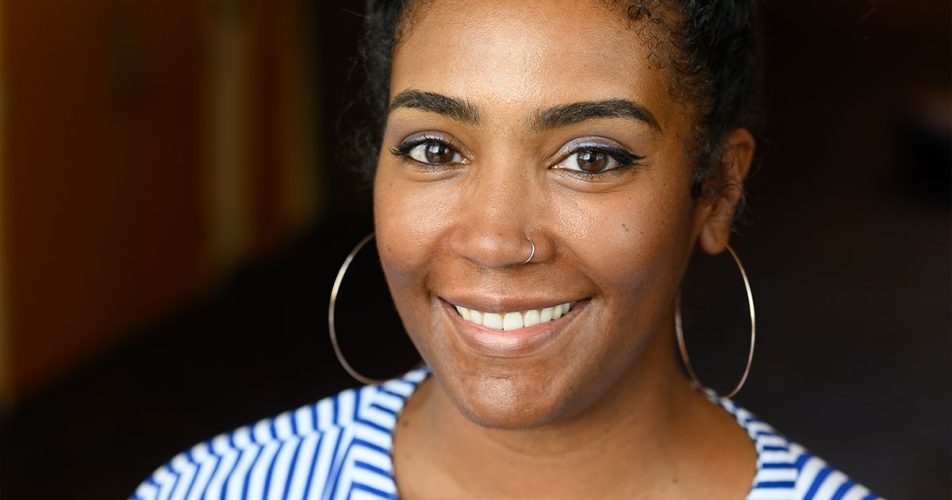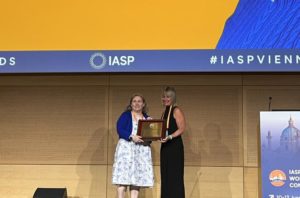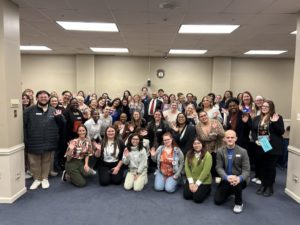Analysis co-authored by University of Kentucky College of Social Work Assistant Professor Laneshia Conner, Ph.D., shows clear takeaways for supporting Black faculty and staff in higher education and highlights the impact of their underrepresentation in leadership positions. This study was published in the Journal of Social Work Education and was featured in the Council on Social Work Education (CSWE) Compass Newsletter.
A growing focus on diversity, equity, and inclusion in higher education was a driving factor behind the researchers’ interest in identifying the experiences of Black faculty and staff. As the study notes, “just 7% of higher-education administrative positions, such as department heads and deans were held by Black individuals, according to a report from the College and University Professional Association for Human Resources (Seltzer 2017.)” Recent reports highlighted in the publication have also illuminated the specific challenges Black faculty encounter which can impact their mental and physical health, as well as professional advancement.
The study delved into the experiences of Black faculty and staff in social work departments supervised by a Black administrator (current and previous) and looked at the range of their experiences, including various research supports and risk factors. More than 50 participants were surveyed, with clear takeaways for the advantage in well-being experienced by these individuals who had the opportunity to work with Black administrators. Connection, shared experiences, and understanding challenges were common reports. Many participants indicated they felt encouraged, and that their administrators were culturally competent.
“Social work is a profession that values diversity and inclusion, and we believe it is important to understand the experience of Black faculty and staff in this field in that context,” Conner said. “As a result of this study, our team better understands the experiences of Black faculty, for example the support they have received from these administrators, and how that could inform building a better and more inclusive professional environment. Social connectedness is intrinsically important as people value inclusion. As such, it is important to examine social connectedness among this group, and how connection profiles affect their experiences professionally.”
Co-authors on the study include Yarneccia Dyson, Ph.D., department head and associate professor, North Carolina State University, V. Nikki Jones, DSW, and assistant professor, Spalding University, and Vanessa Drew, Ed.D. and assistant professor, Elon University.






